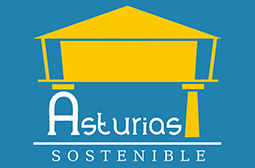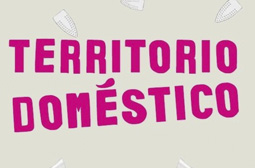0:14 Who are you both and where are we?
2:17 How was your bond with Asturias Sostenible born?
7:36 Óscar, can you explain to us what “land stewardship” means?
9:13 How is this stewardship and conservation tool related to Asturias Sostenible? 12:11 Óscar, you work for the Land Stewardship Platform which is a transversal project of the Biodiversity Foundation. Can you explain what this Platform consists of?
13:20 Who can be a land steward?
16:27 What real possibilities of success does the land stewardship tool have in a capitalist system that seeks to maximize profits with the purchase and sale of land?
20:36 The fact that there is a stewardship law in itself should be welcomed as excellent news for land stewardship. In your opinion, what makes it difficult for land stewardship agreements to increase?
23:58 What is the importance of territorial networks such as Asturias Sostenible in strengthening the land stewardship movement?
24:56 Land stewardship is often associated with rural areas: Is there a land stewardship movement applied to the urban environment?
26:16 Land stewardship is usually referred to in relation to the protection of natural resources. Should we include cultural resources in this exercise?
28:13 Returning to Asturias Sostenible, how do you think sustainable biodiversity is achieved?
31:26 Can you tell us what keeps your commitment alive?
33:03 The Constellation of the Commons is a space open to good news. What news can you share from Asturias Sostenible or from the Transcantabric Land Stewardship Network (RTCCE) to broaden this propositional horizøn?

“Asturias Sostenible is developed by the FAS (Sustainable Asturias Forum for the knowledge and development of the rural environment), a non-profit organization, for the purpose of knowledge and DIRECT CONTACT between responsible consumers and producers of traditional and/or organic food products. A novel way to consume food with quality guarantees and social, cultural, and economic benefits for the Asturian rural environment (more information…).
The network will offer the following services:
- Accessibility to quality products directly from farmers, with the possibility of building a loyal relationship with a specific producer.
- Eco-agritourism: Possibility of visiting farms and getting involved in processes such as meat preparation or fruit harvesting, engaging in gastronomic routes or mountain routes through pastoral itineraries. Participants can also take part in other activities related to product preparation or production.
- Participation in specific sustainable development projects, implemented among network producers.
- Providing information about establishments participating in the network of consumption and production of local organic and/or traditional products.
- Complete traceability of products through the network. Consumers, through this website, will have information about livestock management or cultivation practices, products used such as food or fertilizers, mountains or pastures where extensive livestock grazes, and the locations of the farms.”





